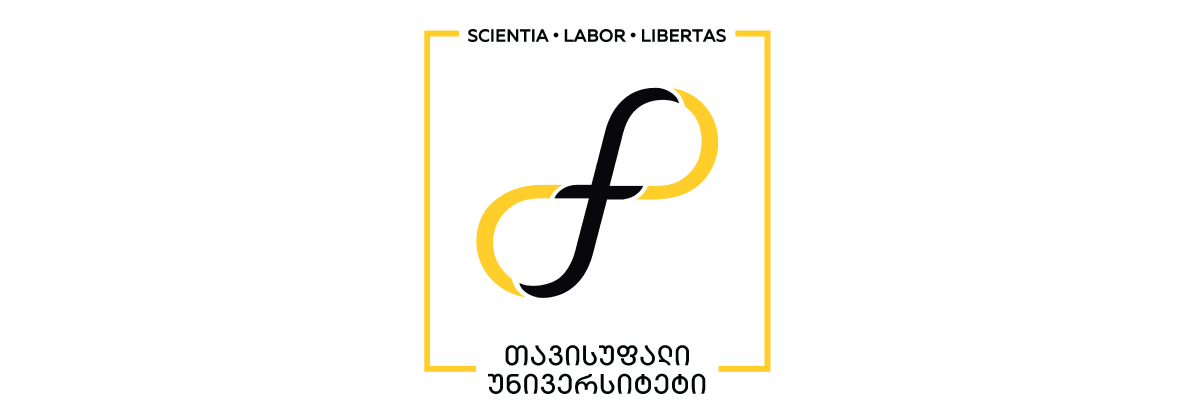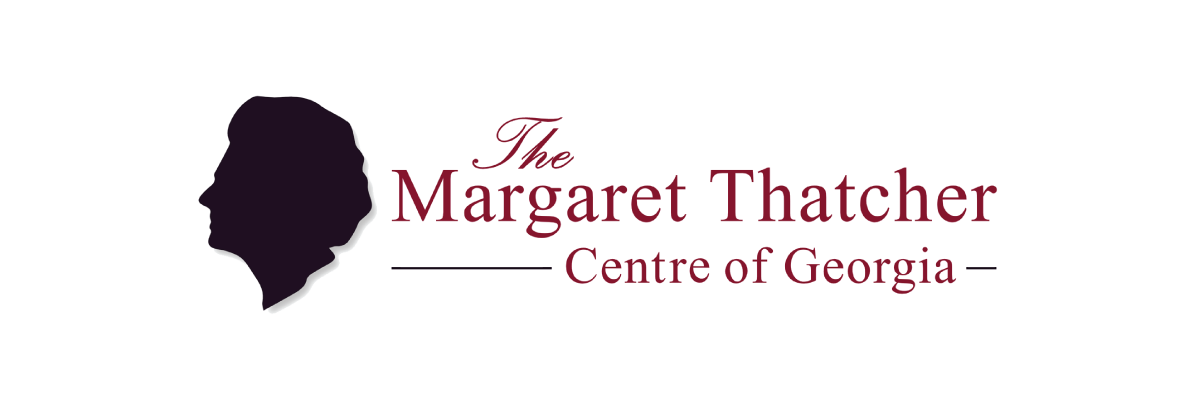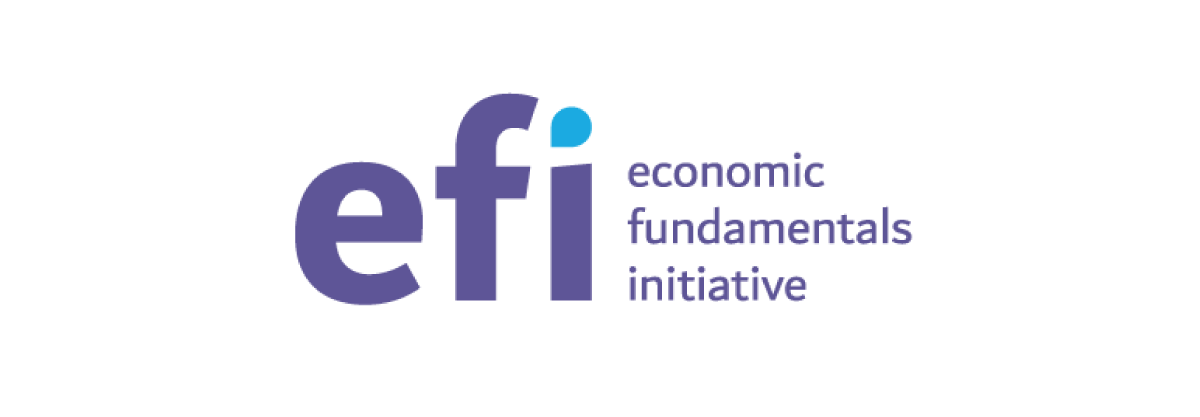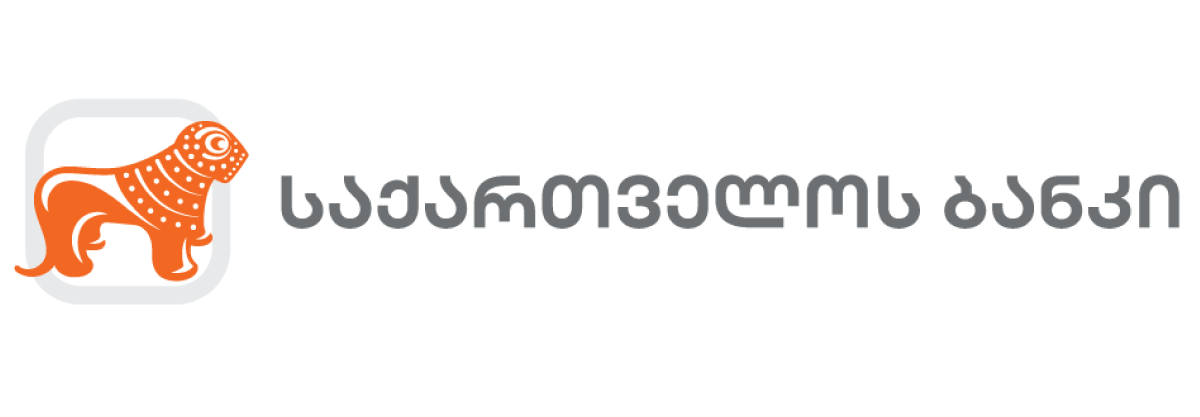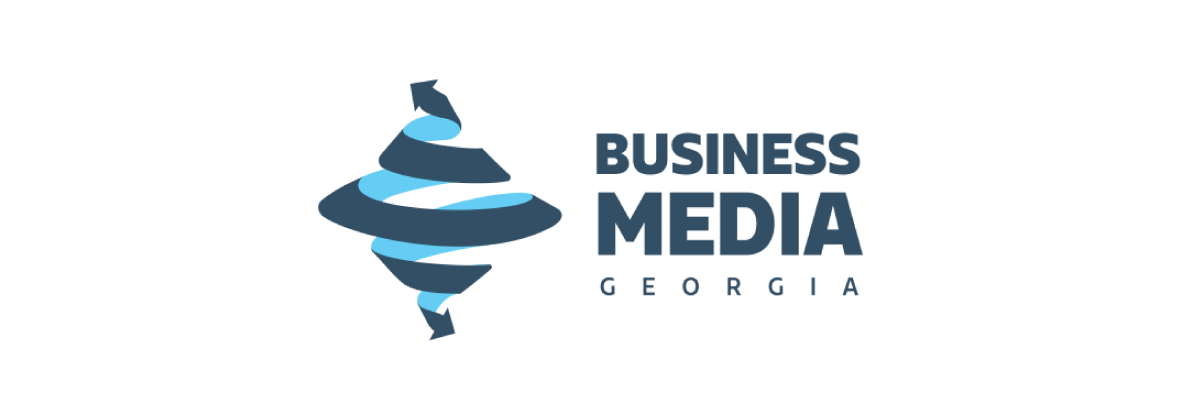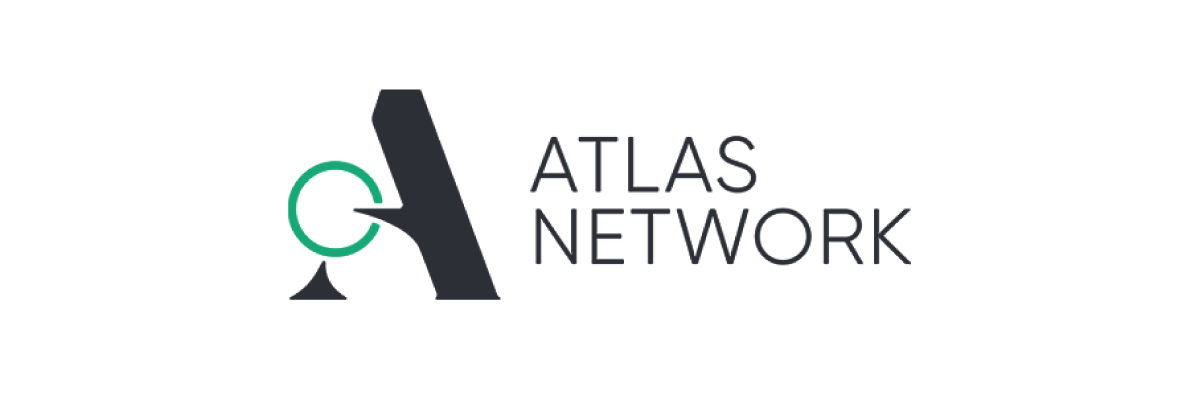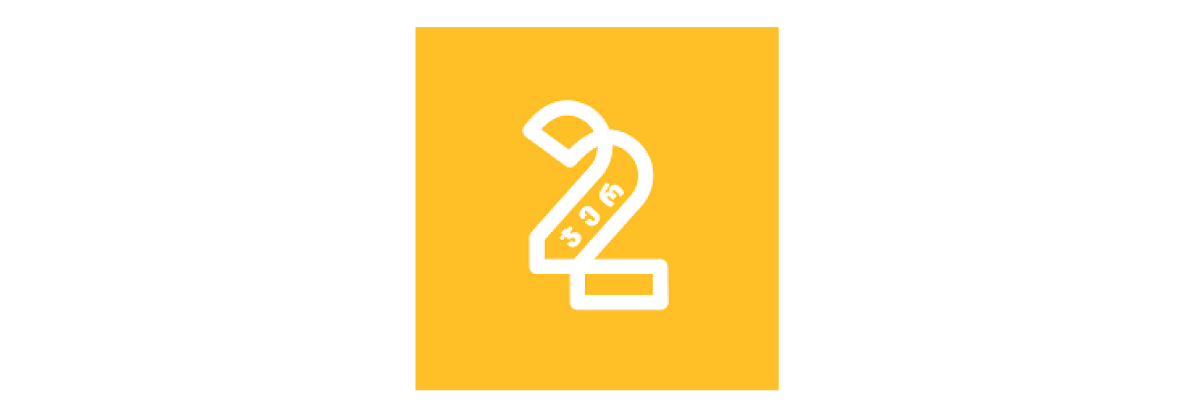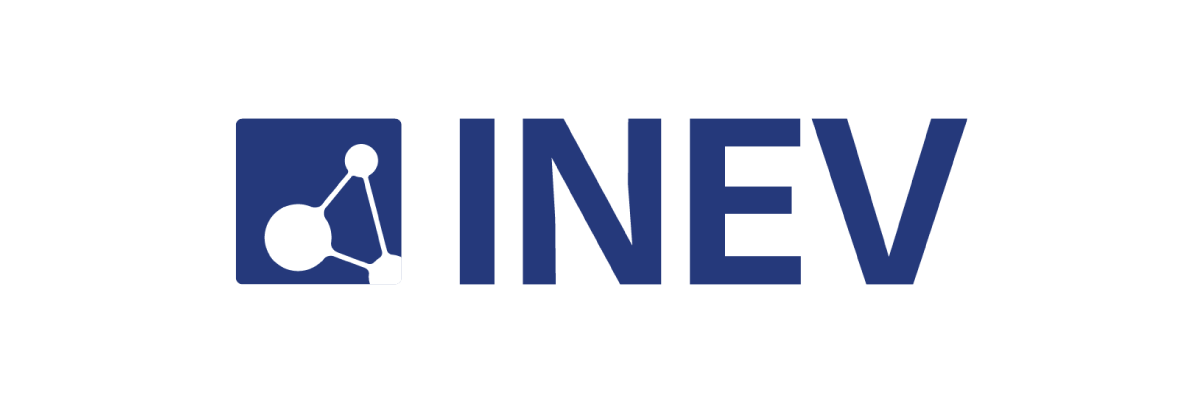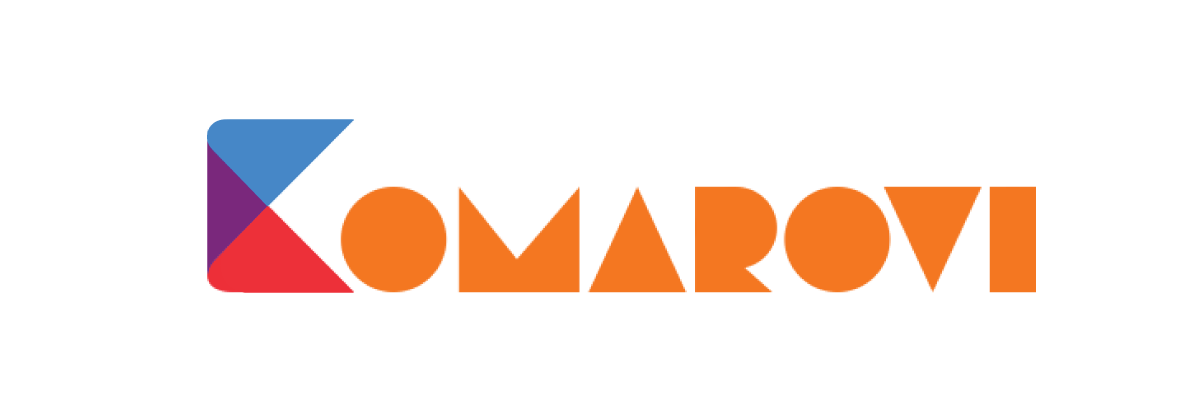22.05.2023
EFI/GELi WORKSHOPS FOR JOURNALISTS
The Economics Fundamentals Initiative (EFI) and the Georgian Economic Literacy Initiative (GELi) are pleased to announce a transformative workshop tailored specifically for economics journalists. We cordially invite all aspiring and seasoned journalists to participate in this enriching event, designed to enhance your understanding of economics, refine your reporting skills, and deepen your knowledge of economic trends and issues.
Date: 6-7 of June 223
Location: Tbilisi
Working Language: English
In an era where economic matters play an increasingly prominent role in shaping societies, the role of journalists in deciphering complex economic concepts and disseminating accurate information is vital. This workshop aims to equip you with the essential tools and insights needed to excel in the field of economics journalism.
Distinguished experts: Joseph Calhoun, Tawni Hunt Ferrarini, and Dr. Randall Filer will guide you through an array of captivating sessions and interactive activities, delving into the following key areas:
SESSION 1 - What is Economics? Understanding the Data and Methods
Economics is a science, but what kind of science? People use economic terms all the time but have only an intuitive sense of what they mean. Often understanding and implications change radically when understanding the real meaning of terms such as “inflation,” “unemployment,” “deficit,” or “inequality.” We will offer hints on how to explain these without becoming boring.
SESSION 2 - Most Common Economic Fallacies: Where Intuition Goes Wrong
There are predictable patterns where normal human thought patterns lead to a failure to comprehend economic issues. We will discuss what these are and how to present material in a way that avoids inherent and unconscious biases in readers or listeners.
SESSION 3 - “Fair and Balanced” Does Not Mean Every Opinion Is Equally Accepted. Distinguishing Science from Morals
Controversy sells but can mislead. In an attempt to be “fair and balanced”, television shows and op-ed pages often present a fringe consisting of a few economists opposed to an alternative supported by the vast majority of economists, leaving the public believing that ‘since economists themselves cannot agree on anything [the public] reasons no attention should be paid to them. How can journalists help with this but still keep their stories interesting?
SESSION 4 - The View from Afar. EFI Scholars Discuss Current Issues Facing Georgia
Sometimes it is hardest to “see” things when we are too close to them. EFI external experts have collected from Georgian sources a list of the” most important economic issues” facing Georgia. They will have thought about these and talk about how they are seen from abroad.
SESSION 5 - Facing Deadlines – Hints on How to Learn Useful Economics in Less Than an Hour
EFI panelists have appeared on outlets ranging from the BBC to Fox News to “Good Morning Saudi Arabia.” Hints on how to find good guests willing to talk on a moment’s notice and how to elicit the best responses from them. We will also discuss how to rapidly find good, easily comprehended background material.
SESSION 6 - Open Mic – Emerging issues in economic journalism in Georgia
Open discussion of whatever the participants want to talk about: issues, processes or future services EFI/GELi can provide.
By attending this workshop, you will have the opportunity to network with fellow journalists, exchange ideas, and forge valuable connections within the field of economics journalism. You will leave equipped with the knowledge, skills, and resources to effectively report on economic matters and contribute to public understanding. We encourage journalists from all media platforms and backgrounds to attend and actively participate in this unique learning experience.
Limited seats are available, so we urge you to register early to secure your spot. To register or request more information, please visit https://forms.gle/S3WrcTeA3uzUaeef9 or contact us at 577326326. We look forward to welcoming you to this workshop for economics journalists.
The deadline for the registration is 2nd of June.
Agenda
|
Day 1 |
|
|
10:00 - 10:30 |
Introduction of speakers and participants |
|
10:30 – 12:00 |
Session 1 – What is Economics? Understanding the Data and Methods |
|
12:00 – 12:30 |
Coffee Break |
|
12:30 – 14:00 |
Session 2 – Most Common Economic Fallacies: Where Intuition Goes Wrong |
|
14:00 – 15:00 |
Lunch |
|
15:00 – 16:30 |
Session 3 - “Fair and Balanced” Does Not Mean Every Opinion Is Equally Accepted. Distinguishing Science from Morals |
|
16:30 – 17:00 |
Coffee Break |
|
17:00 – 18:30 |
Session 4 - The View from Afar. EFI Scholars Discuss Current Issues Facing Georgia |
|
Day 2 |
|
|
10:00 |
Welcome Coffee |
|
10:00 – 11:30 |
Session 5 – Facing Deadlines – Hints on How to Learn Useful Economics in Less Than an Hour |
|
11:30 – 12:00 |
Coffee Break |
|
12:00 – 13:30 |
Session 6 – Open Mic – Emerging issues in economic journalism in Georgia |
|
13:30 – 14:30 |
Lunch |
|
14:30 – 15:30 |
Concluding Remarks – Feedback on What EFI/GELi Can Do That Would Be Valued the Most |
|
16:30 |
Networking Dinner |
Workshop Leads
Joseph Calhoun is a teaching professor and chair of the Department of Economics at Florida State University plus the Director of the Gus A. Stavros Center for the Advancement of Free Enterprise and Economic Education. He is a co-author of Common Sense Economics, which is soon to be published into the fourth edition. He currently teaches economics and personal finance classes and regularly presents at national teaching conferences about how to effectively use media and technology in the classroom. A strong supporter of study abroad programs, he has been privileged to teach in England, Italy, and Spain. Professor Calhoun has received an Undergraduate Teaching Award at FSU three times. His doctoral degree is from the University of Georgia.
Tawni Hunt Ferrarini is a well-known professor of economic education at Lindenwood University's Hammond Institute. Her passion is to expand the reach of sound economic education globally, and she is an expert in technologically-enhanced instruction. Tawni has received several awards, including the 2020 National Association of Economic Educator's Patricia Elder International Award, and has co-authored three books, including Common Sense Economics: What Everyone Should Know About Wealth and Prosperity. Tawni is a dynamic speaker and has served as a faculty scholar for the Fraser Institute, Council on Economic Education, and Mackinac Center for Public Policy. She earned her doctorate from Washington University under Nobel Laureate Douglass North and has a bachelor's degree in mathematics from Southern Illinois University - Carbondale. Learn more at tawni.org.
Dr. Randall Filer is a professor of economics at Hunter College and the Graduate Center of the City University of New York. He also serves as the chair of Hunter's Senate Budget Committee. He teaches courses in the Principles of Economics, Development Economics (MA), Economic Growth (MA), Labor Economics and Economics of the Arts Sector. Prior to joining the faculty at Hunter, Dr. Filer served as a visiting professor of economics and senior scholar at CERGE-EI in Prague. He also acted as the Central and Eastern European coordinator of the World-Bank sponsored Global Development Network. Dr. Filer is a current member of the Academic and Governing Boards at the International School of Economics (ISET) in Tbilisi, Georgia and the Scientific Committee of the Croatian National Bank. He is a Research Fellow of IZA (Bonn), CESifo (Munich) and the Manhattan Institute (NYC). Dr. Filer received his PhD from Princeton University where he was affiliated with the Industrial Relations Section and the Office of Population Research. His research has been supported by the National Science Foundation, the ACE program of the European Union, the Alfred P. Sloan Foundation, the Volkswagen Foundation and the National Endowment for the Arts, among others. Dr. Filer has appeared in leading professional journals, including The American Economic Review, The Journal of Political Economy, The Review of Economics and Statistics, The European Economic Review, The Journal of Development Economics, Economic Development and Cultural Change and The Economics of Transition.
